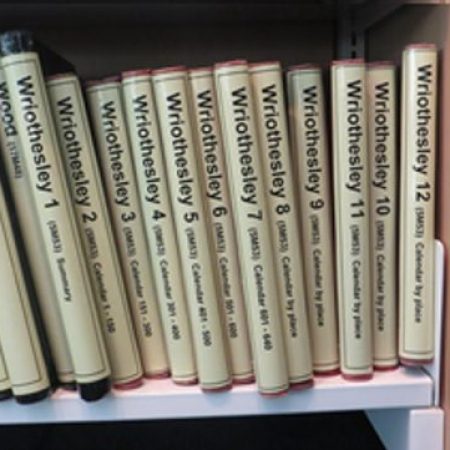The world is awash with private archives. They are in solicitors’ offices, company HQs, in people’s houses and attics, and in village halls. Essentially, they are to be found anywhere where records have accumulated for private purposes. They relate to private personal communications, legal transactions, commercially sensitive activities and similar functions, and are generally collected with no notion of them ever forming an ‘archive’.
Some of them belong to distinguished individuals or long-established families. Of these, some are eagerly sought for archiving – witness the mass of material on people like Jane Austen, Charles Dickens, Conan Doyle and the Duke of Wellington – but others are of insufficient interest to be sought out and archived in this way. Yet history is impoverished if it is only written about the lives of the great and good, which is why so many private archives are important.
The owners of private archives may be reluctant to deposit them in official archives and put them on open access, for reasons that are very well understood: would you want to let go of letters and other personal material that mean so much, or reveal the darker sides of your family history?
The downside to this sentiment is, of course, that private archives are prone to descending to family members who may lack the means to store them properly, or may just lack any interest in preserving them. Often one of the arch enemies of archives deals a deadly blow – that is, damp, mice or fire! Clearly, lodging private collections with professional archives ensures that they will be preserved, if necessary conserved, and eventually be catalogued and available for use by researchers.
Private owners may fear that they will ‘lose control’ yet it is standard practice with professional archivists to provide assurances about a range of issues. For example, when owners do not want to merely give away their material, without conditions, the Hampshire Record Office may suggest a long-term loan. This means that donors can still borrow items back for a short period, should they wish to (subject to a reasonable notice). Owners can reclaim their collections at any time, although it is assumed loans will be for a period of at least 20 years; charges may be incurred for a shorter loan period. Owners can also make provision for the records after their death, passing ownership to their heirs, or if preferred, gifting them outright to the HRO in order to secure them in the public domain for all time. But at the end of the loan period, the obligation to recover material rests in the hands of the donor or his/her heirs.
If private owners are not minded to lodge their collections in a professional archive, the next best thing, from an historical perspective, is for archivists and historians to keep a track of their whereabouts – if their owners agree – and to capture in some way the essence of the stories contained within the material. This may include a biographical note on individuals who have made significant contributions, or the development of an institution or a company which has long had a Hampshire focus, albeit often reaching beyond the bounds of the county, or indeed the country.
Another important point to be made about private archives is that it may be difficult for their owners to believe that the material in question if of the slightest interest to anyone else! Indeed, this may be true, but the best person to know is the archivist. The most commonplace of documents may be the only means of understanding some activity in the past. For example, in such items as accounts – with pages of ‘boring’ figures – there may be the essence of a story that remains to be told. After all, census returns and birth-marriage-death records are hardly ‘a good read’, but they are amongst the most frequently forms of records consulted.
Hampshire Record Office holdsthe collections of over 75 families. These can be search via the CALM database. Click here to download a listing of these with their HRO Finding Reference numbers.

